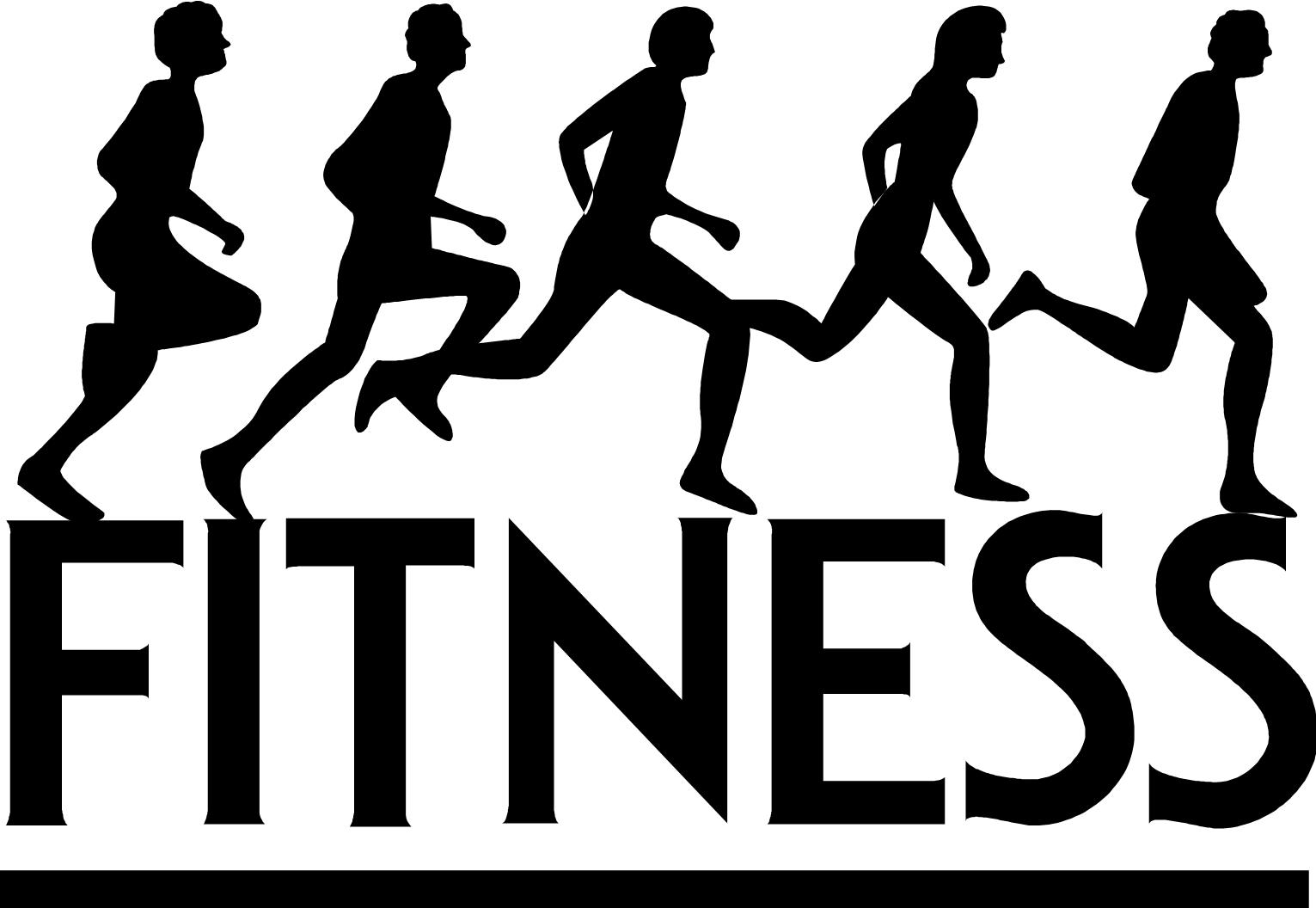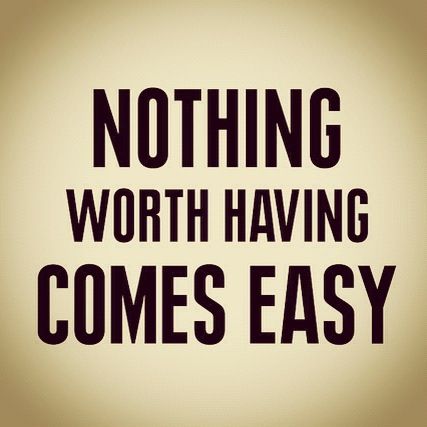- Any meal over 750 calories results in a measurable amount of fat storage, regardless of macronutrient profile.
- Glycogen-depleting workouts done before a cheat meal can help counteract its detrimental effects. Or at least getting a workout in!
- Eating a low-glycemic meal a couple of hours before a big meal can improve carbohydrate tolerance and quell the appetite.
- If you ignore any or all of the preceding tips, you can do a low-carb, hi-protein day – the day after the meal to set you right.
During the holidays, many of our families feel it’s their mission to fill us with food that makes a feast at 5 guys seem like a celery stick in comparison. They say it’s love, but that kind of love can kill you, or at least stifle your efforts in the gym.
Around the holidays, chances are you’re going to be spending a lot of time with family. You are no doubt going to be faced with situations where you’re going to be expected to eat some “bad” meals, and no one is expecting you to bring your shaker bottle filled with protein.
There are always going to be times when you have “cheat” meals. Don’t have an anxiety attack, because there are ways to prepare for those meals and alleviate the consequences.
3 Strategies to Control the Damage
The average person who eats any meal over 750 calories, will result in a measurable amount of fat storage, regardless of macronutrient profile. Hey, you know you’re going to get 750 calories from just the appetizer at most cheat meals!
Strategy #1 – Exercising
One way to prepare for a big meal, or “counteract” one you’ve already eaten, is of course to exercise.
The approach would be to increase your workout volume a couple of days before the event to deplete a little glycogen. Barring that, even a glycogen-depleting workout on the day of the event would go a long way in alleviating some of the dietary excesses to come.
You could decide to ramp up the intervals during the holiday season, add some antagonistic supersets. Or, if you don’t have it in you to bump up the intensity – many clients add an extra workout day for the holiday season to boost up the metabolism.
Strategy #2 – Eating Beforehand, or the Second Meal Effect
Dietitians often talk about something called the “second meal effect,” which refers to the phenomenon where carbohydrate tolerance to a meal is improved as a result of having an earlier, lower glycemic-index meal.
This makes perfect sense. Furthermore, it just stands to reason that you won’t be as hungry if you ate something in the two or three hours before the big meal. You may actually end up turning down seconds, or at least thirds, fourths, and fifths.
This initial, pre-emptive meal should consist of low glycemic-index carbs, significant amounts of dietary fiber, and protein
Strategy #3 –Day After Diet Modifications
Let’s say you blow off everything I’ve suggested and decide to eat like you’re going to the chair. Don’t worry; you can still negate some of the effects of that huge meal by doing a modified day after diet.
It’s simple. The day after your horrific meal, have meals comprised of primarily proteins and vegetables every 1 to 3 hours, eliminating sugars and starchy carbohydrates (since glycogen levels will be overflowing at this point).
And yes, the day after has to be a workout day.
To Summarize…….
1. Increase your workout volume in the days preceding the gastronomic event, or, at the very least, do a glycogen-depleting workout before the meal.
2. Have a low glycemic-index meal two or three hours before the big meal to both quell appetite and to improve carbohydrate tolerance.
3. Consider doing a day after modified diet the day after the big meal. And be sure to get a workout in.
You have to admit, these solutions are much easier than locking yourself in a closet avoiding family and all the parties that come along with them – although I’m sure time spent in a closet may be more pleasurable than a few hours with some relatives.
Because we are all human, and give in to temptation from time to time – these recommendations apply to any and all episodes of gastric gluttony, whether they’re family-induced or self-induced.




